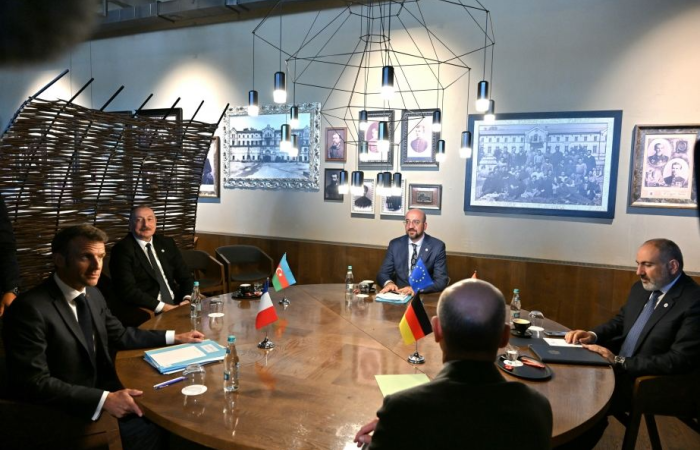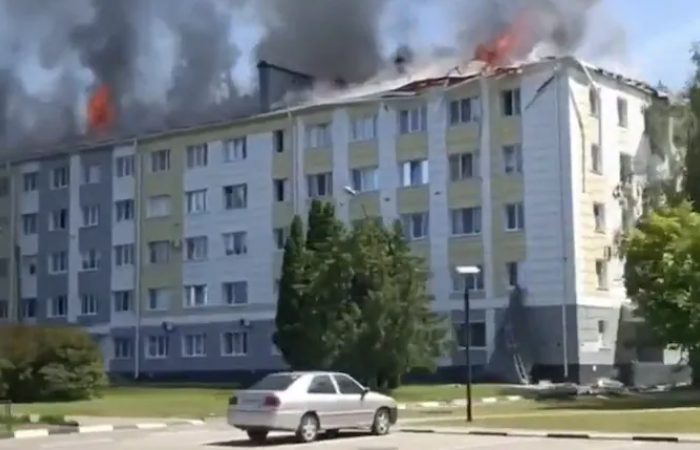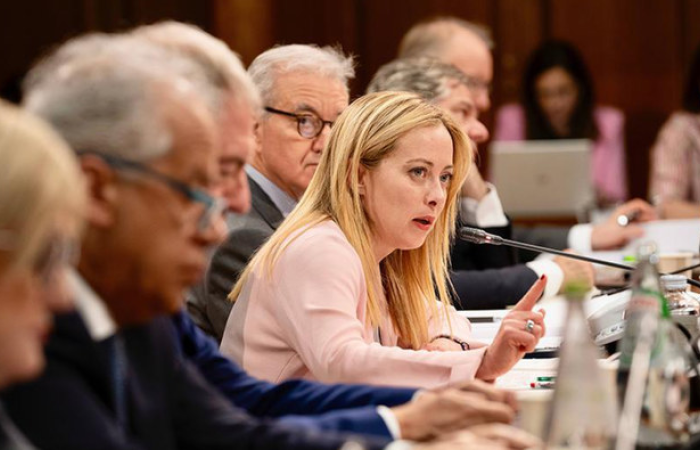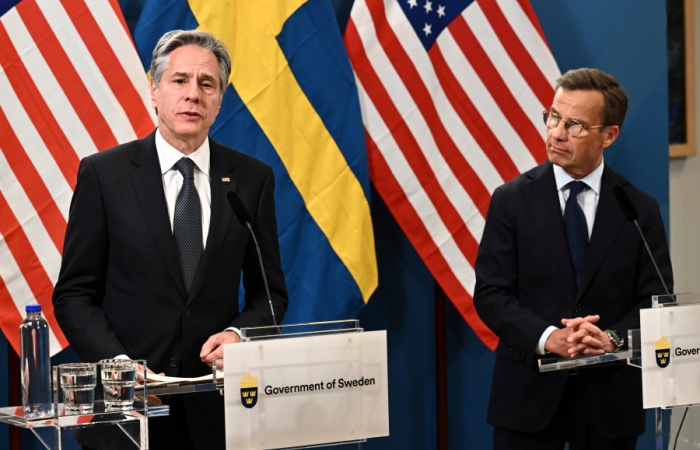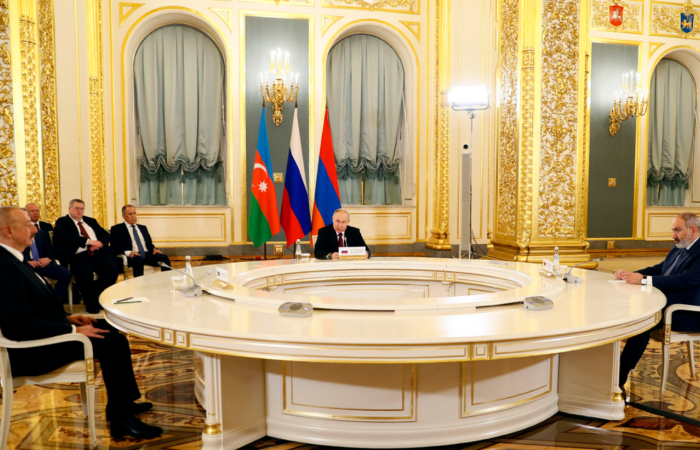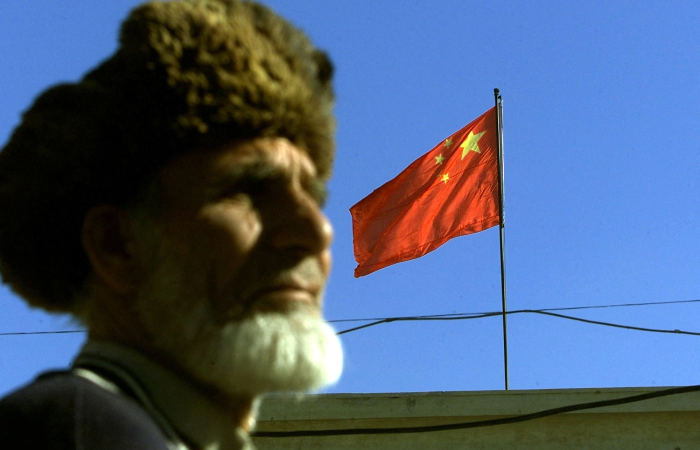Trending
Connectivity, security and rights, border delimitation and peace treaty discussed at Pashinyan-Aliyev meeting in Moldova
2 June 2023
The Armenian Prime Minister Nikol Pashinyan and Azerbaijani President Ilham Aliyev met yesterday (1 June) near the Moldovan capital, Chisinau. The meeting took place on the sidelines of the second summit of the European Political Community (EPC), and was chaired by the European Council President Charles Michel. The French President Emmanuel Macron, and German Chancellor Olaf Scholz, were also in attendance.
In remarks made following the meeting, President Michel said that they had a “very good meeting”, in which they addressed the topics of connectivity, security and rights, border delimitation, and the peace treaty.
Michel announced that they had scheduled a next meeting of the five leaders for 21 July, to take place in Brussels, adding that yesterday’s meeting was “good preparation” for then. “It means that we are working hard, and we intend to support all the positive efforts in the direction of normalisation of the relations,” said Michel.



